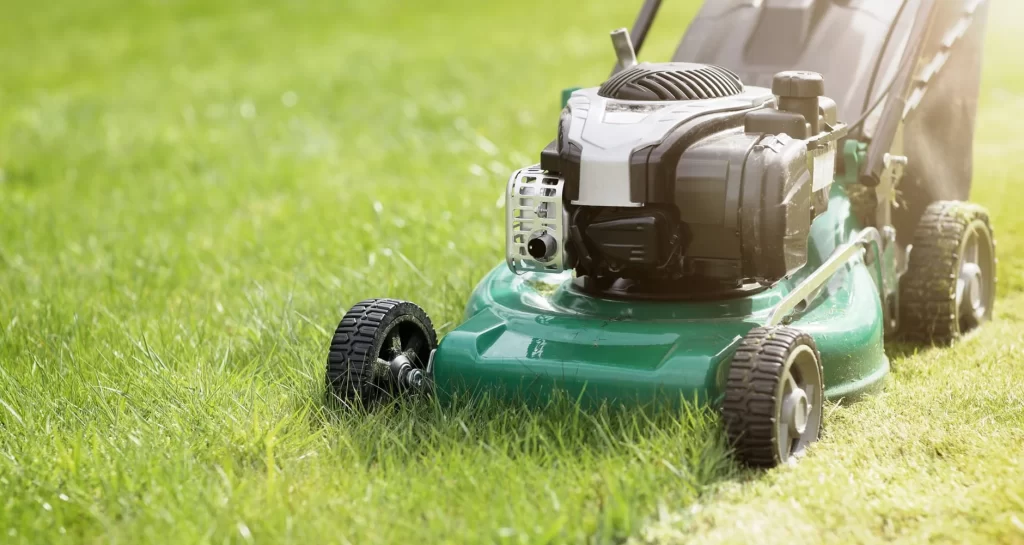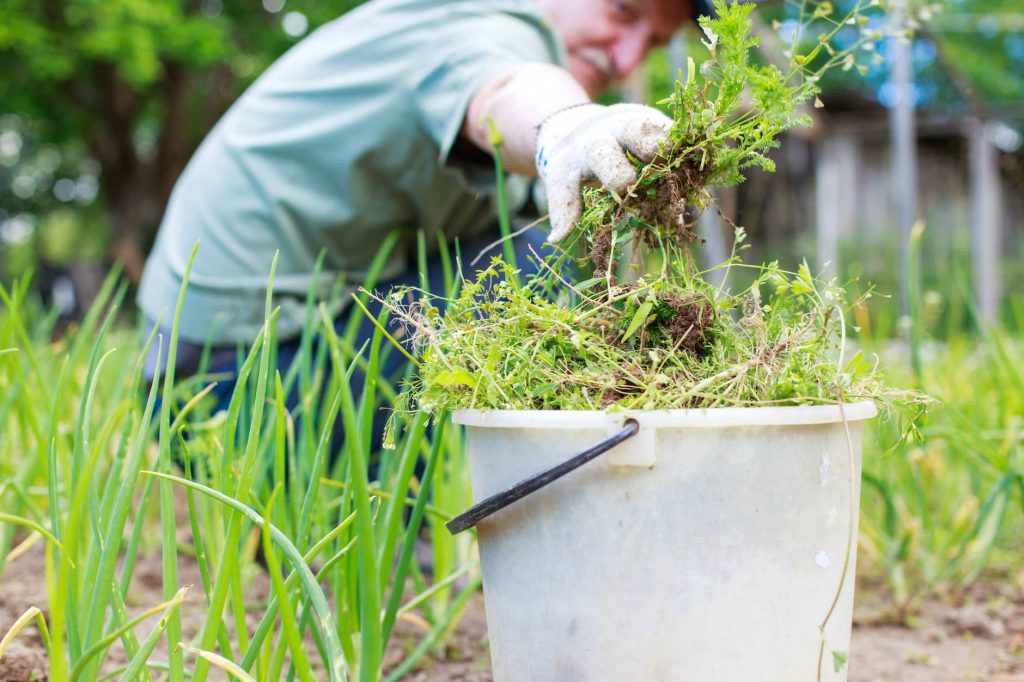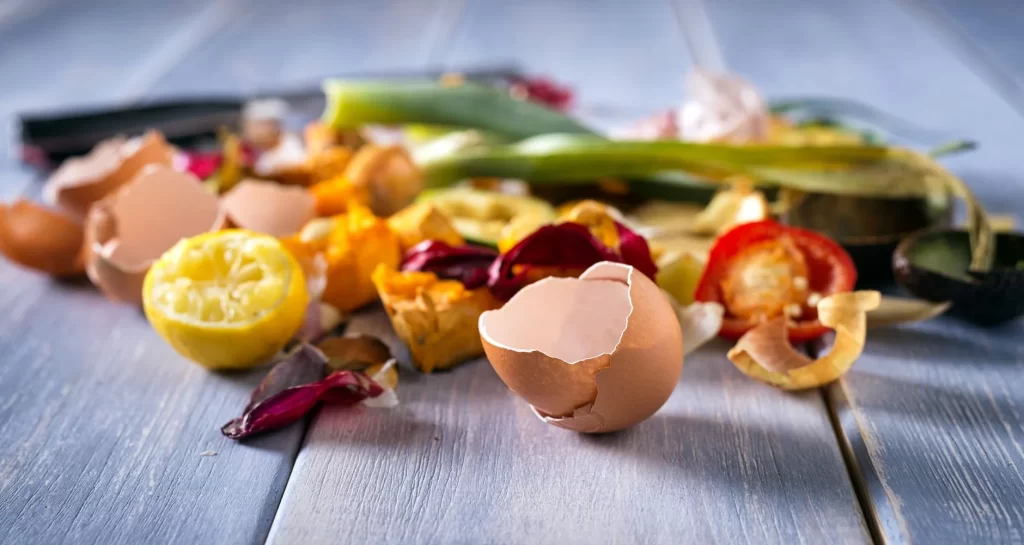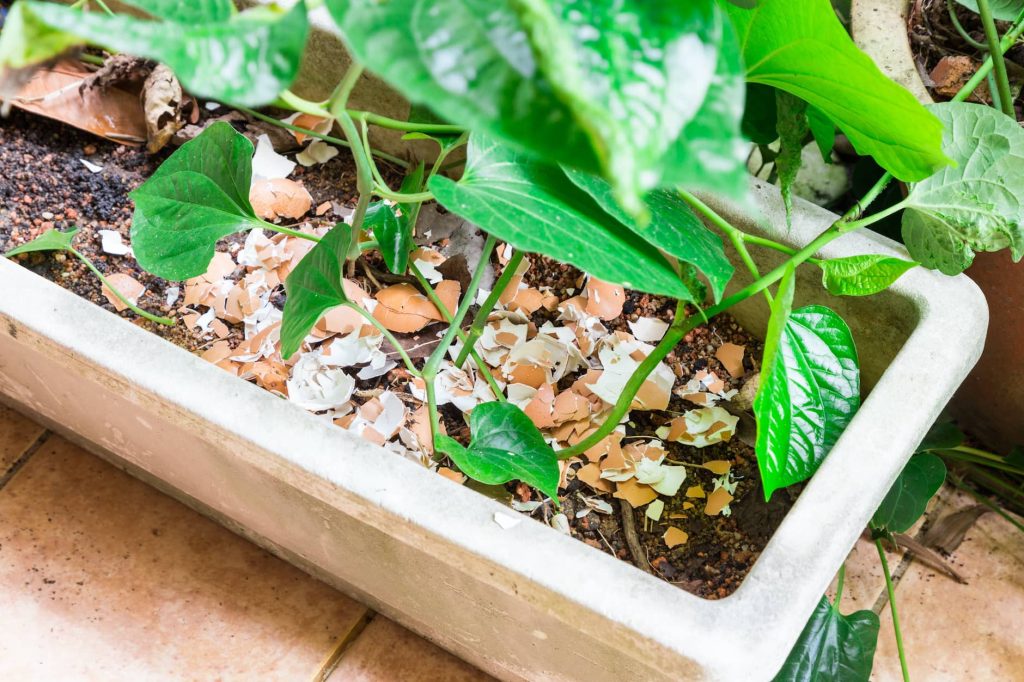Gardening is a rewarding hobby that brings joy to many people. But for your plants to thrive, they need a little help in the form of nutrients. Instead of resorting to chemical fertilizers, why not consider making your own natural ones? In this guide, we’ll explore 10 DIY natural fertilizers that can boost the health of your garden.
1. Harnessing the Nutrient Power of Grass Clippings

Grass clippings are a common sight in many gardens. But did you know that they are packed with nitrogen, an essential nutrient for plants? By gathering your grass clippings, you can create a potent natural fertilizer.
To use grass clippings as a fertilizer, simply spread a half-inch to an inch layer on your garden soil. This not only provides nutrients to your plants but also helps in weed control.
2. Weed Tea: Turning a Gardening Nuisance into a Plant Booster

Weeds are often seen as a gardener’s enemy, but they can be turned into a valuable resource. Like grass clippings, many types of weeds are high in nitrogen. You can transform these pesky plants into beneficial weed tea.
To make weed tea, fill a five-gallon bucket a quarter full with pulled weeds. Fill the rest of the bucket with water and let it sit for a week or two. Once the water turns a tea-like color, you can use it to nourish your garden.
3. Turning Kitchen Scraps into Compost Gold

Your kitchen scraps are a treasure trove of nutrients. By composting these leftovers, you can create a nutrient-rich fertilizer that slowly releases its goodness into the soil.
Composting not only reduces your household waste but also helps in retaining soil moisture – a vital factor for plant growth.
4. The Magic of Manure
Manure is a traditional fertilizer that is rich in nitrogen and other nutrients. It’s available from various sources, including cows, horses, chickens, and bats. However, it’s important to use it carefully as raw manure can burn your plants due to its high acidity and nutrient content.
Composted manure is a safer choice as it’s less nutrient-dense and acidic, meaning you can use more without harming your plants. Plus, it helps improve your soil’s water retention.
5. Utilizing Autumn’s Gift: Tree Leaves
Fallen leaves aren’t just a sign of autumn; they’re also a wonderful natural fertilizer. Rich in trace minerals, they attract earthworms, retain moisture, and can lighten heavy soils.
To use them as a fertilizer, you can either till them into your soil, mix crushed leaves into potting soil, or use them as a mulch for your plants.
6. Coffee Grounds: A Gardener’s Secret Weapon
If you’re a coffee lover, your used coffee grounds can serve a new purpose in your garden. Many plants, like blueberries, rhododendrons, roses, and tomatoes, thrive in acidic soil that coffee grounds can provide.
You can sprinkle used grounds over the soil or soak them in water for a week to create a garden-friendly coffee brew.
7. Eggshells: A Calcium Boost for Your Garden

Eggshells are a fantastic way to add calcium to your garden. They also help in reducing the acidity of your soil.
Simply rinse out your eggshells, let them dry, and crush them. You can then sprinkle the crushed shells onto your garden or mix them into your potting soil.
8. Banana Peels: A Potassium Kick for Your Plants
Bananas are a great source of potassium – a nutrient that’s important for plant health. Instead of throwing away your banana peels, consider burying them in your garden.
As the peels break down, they’ll provide a slow-release of potassium, helping your plants grow strong and healthy.
9. Cooking Water: Don’t Let Those Nutrients Go Down the Drain
The water you use to boil or steam your vegetables is packed with nutrients. Instead of pouring it down the drain, let it cool and use it to water your plants. It’s a simple and effective way to recycle nutrients back into your garden.
10. Human Hair: An Unlikely Fertilizer
Hair might seem like a strange fertilizer, but it’s actually rich in nutrients. It contains nitrogen and other minerals that plants need to grow.
Simply mix a small handful of hair into your soil, and as it decomposes, it will slowly release nutrients into the soil.
Boosting the health of your garden doesn’t require expensive or chemical-laden products. By using these 10 DIY natural fertilizers, you can give your plants the nutrients they need to thrive while reducing your environmental impact. Happy gardening!
